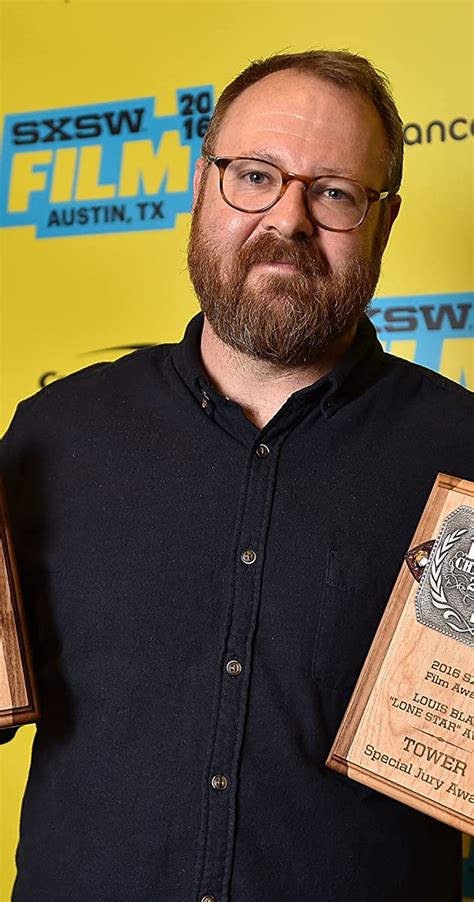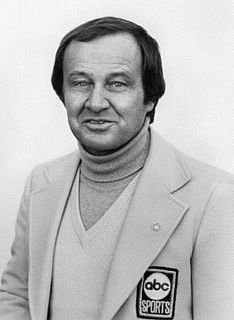A Quote by Keith Maitland
I've always been intrigued by questions of perception and identity-building, specifically how teens and young adults define themselves within their communities.
Related Quotes
As for major obstacles keeping young Latinos from becoming filmmakers, I think our communities are still coming into their identities as storytellers. It's such an important identity to reclaim - it's how our ancestors kept our cultures alive. But a long history of silencing, invisibility, and marginalization has kept generations of Latinos from believing in themselves, from seeing themselves as agents of their own lives. I think there needs to be a focus on this aspect to help cultivate young Latinas to see themselves as cultural producers and defenders.
The young adult literature is relatively new - it just kind of exploded in the 2000s. When I grew up, there weren't bookstores with sections dedicated to teen lit, nor was my generation raised reading books written specifically for us. Because of that, today we still think of books for teens as children's books and so when you write a book that includes sensitive topics, it just seems even more controversial. What's troubling to me about that is these are issues adults know that teens deal with. Not writing about them makes them something we don't, or can't talk about.
The StarTalks - while kids can watch them, they're actually targeted at adults. Because adults outnumber kids five to one, and adults vote, and adults wield resources, and adults are heads of agencies. So if we're going to affect policy, or affect attitudes, for me, the adults have always been the target population.
In studies asking why young people left their family religion, their most frequent response was unanswered doubts and questions. The researchers were surprised: They expected to hear stories of broken relationships and wounded feelings. But the top reason given by young adults was that they did not get answers to their questions.
I think something for us that we're always interested in is how people interpret the music or the band for themselves, and that sort of level of interactivity for us specifically is really awesome, but I can imagine for some bands the ability to make your sound and make your identity known could be challenging.
Why would one's identity be a matter of feelings? I think that that's a misuse of terms, philosophically. Identity is mind independent. It's something that is objective, regardless of how you feel. So, the term gender identity seems to me to be something of an oxymoron. It's not really about one's identity. It's rather a matter of one's self-perception or one's feelings about oneself.
Incredibly, nearly 70,000 Young Adults between 15-39 are diagnosed with cancer each year. 10,000 will not survive. This is a very important stat for me, because I fall in this category. I am one of these statistics. Unlike every other age group, there has been no improvement in the 5-year survival of young adults in 30 years. That means many young adults have the same chance of getting cancer and dying from it as they did in the 1970's. This is not OK.




































